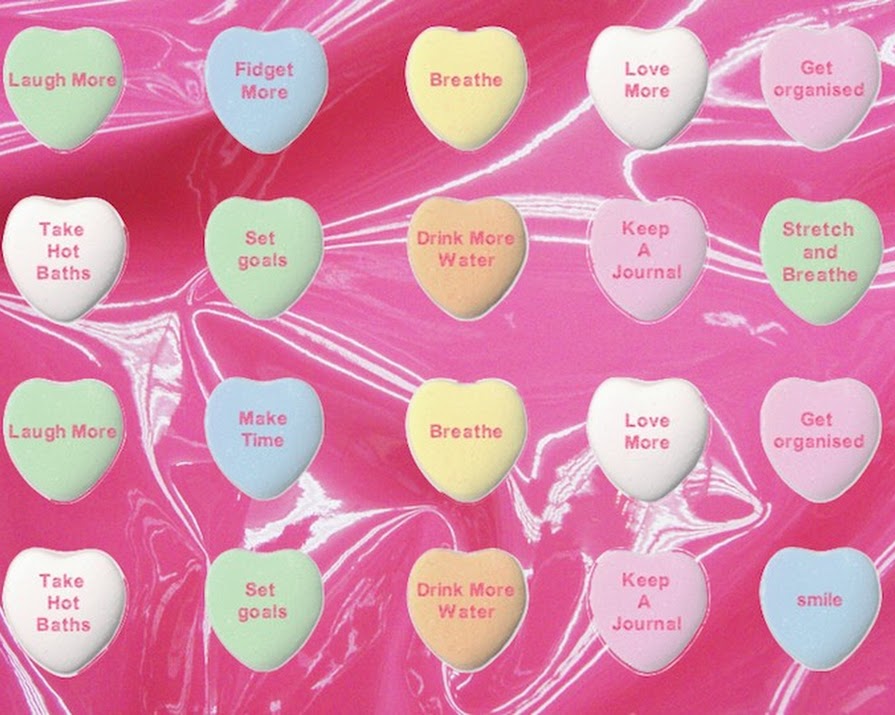
By Niamh ODonoghue
11th Jan 2017
11th Jan 2017
Firstly, this is not one of your “secrets to success” stories. If we knew that, we’d have bottled it and sold it by now.
There are literally thousands of useful guides out there in the darkness of the web that help you to better your life, but often we simply don’t have the time or resources to make those changes happen.
And voil?; we’re back to where we started.
But here is a list of simple and everyday hacks you can do that will actually make a positive difference to your day. But don’t take our word for it; try it yourself!
Pick out your next-morning outfit before you go to sleep
It’s mundane and sometimes annoying, but it works! Chances are; unless you’re super-human your brain is not likely to function at it’s best first thing in the morning (hence why some people accidentally wear odd shoes to work). Spend five minutes before you snooze to organise yourself, and then give yourself the extra five minutes in bed in the morning. Winning all round!
If you commute, spend your time wisely
You could spend your time on the bus endlessly scrolling through your Facebook and Instagram feeds, or you could take that time to get rid of all the finicky?jobs that need to be done before your working day starts like clearing your email inbox. Then, come 4 o’clock you should have some extra time should you need it.
Gulp some water first thing in the morning
We all know the importance of water and the billion good things it does for us, but did you know it might help you to save money, too? ?Tempted by that croissant and coffee on the way to work??Taking a gulp of water first thing in the morning not only sets your body right for the day?but will keep you feeling full on your way to work so you can fill up on a healthy breakfast when you have the time.
Park as far away from your desk as you can
We know how hard it is to tackle a stressful job and factor in exercise (while preparing dinner and caring for young children) during the day. But by parking away from your job you’ll not only get some exercise in (plus bragging rights), but you’ll?be on your way to hitting your 10,000 steps a day challenge.
Stretch and breath
Sitting for extended time periods is a bad idea for both your body and your brain. Stretching and practising breathing can help rejuvenate your focus and concentration. ?It’s important to move and to relax for even five minutes of the day. Whether this is at your desk, in the park, or at home, take a few minutes, breathe, and be in the now with your thoughts.
Fidgeting is good
Contrary to what scientists used to believe, fidgeting helps to maintain focus and can be a good coping mechanism for stress. Fidgeting also distracts part of the brain that’s become bored so the other parts can pay attention to what we’re reading, hearing, or seeing.?So keep those paper clips, stress balls, clicking pens, rubber bands, and hair bobbins handy.























